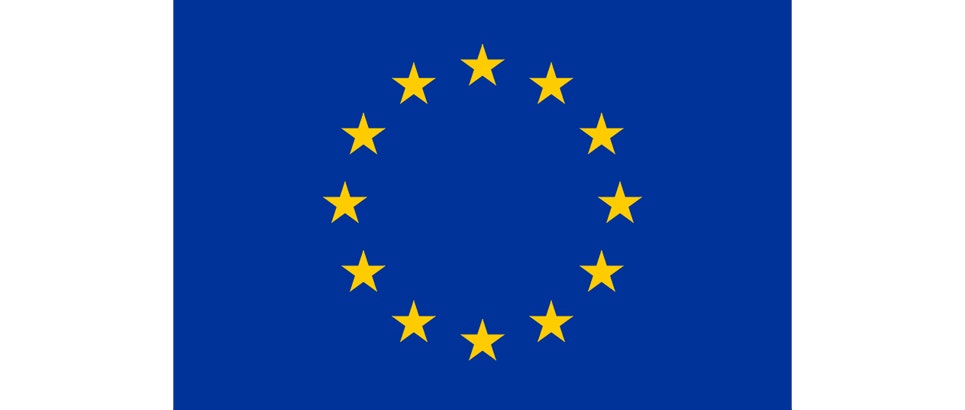IEA supports Indonesia’s plans for deploying renewable energy through knowledge-sharing sessions
News
The IEA is carrying out a large work programme on power system enhancement with the Government of Indonesia to help it modernise the country’s electricity sector, including support for overcoming challenges inherent in integrating variable renewables like wind and solar PV.
As part of the work programme, the IEA hosted a series of webinars in early 2021 where Indonesia’s Ministry of Energy and Mineral Resources and national power utility PLN could learn from other countries’ experiences of integrating and setting targets for variable renewable energy.
An introductory session on the principles of integrating renewable energy was held ahead of the country specific sessions. In this session, the IEA presented its framework for renewable integration phases to the Ministry and PLN, highlighting the different challenges often faced during renewable integration as well as what flexibility options can be deployed to tackle these challenges.
In the first country session, IEA presented the main findings of the Thailand flexibility study that the Agency carried out in cooperation with EGAT, the Thai electricity utility. The study shows that Thailand has the technical capability to integrate larger shares of variable renewables, but that the lack of commercial flexibility is a major barrier for operating the power system in a more flexible way and thus is the main obstacle for integrating large amounts of renewables.
In the second country session, the Danish Energy Agency presented its work programme with the Government of Viet Nam. The sessions focused on important aspects for integration of renewables, such as the assessing the needs and implications of reserves and forecasting. The session also included a discussion on the main learning points from the boom in rooftop solar that Viet Nam has experienced in 2020.
The third and last country session was on India. The IEA presented both national as well as state-level modelling in order to show some of the contextual differences between national models and models that focus on specific geographical regions. In India, the spot market accounts for only 10% of electricity generation, which shows that India, like Thailand, has some issues with commercial flexibility. The discussion also covered India’s level of dependency on physical power purchase agreements and its impacts on the flexibility of the power system.
All sessions were held behind closed doors to allow for an open discussion between the participating organisations on the issues of renewable integration and possible ways of addressing barriers. The IEA will continue the work with the Indonesian Ministry and PLN on this topic in order to facilitate a path towards a clean, affordable, secure and modern power sector in Indonesia.
This work in Indonesia is undertaken within the Clean Energy Transitions in Emerging Economies programme.
Webinars presentations
- Contractual flexibility the Thai experience Randi Kristiansen, Renewable Integration and Secure Electricity Unit, IEA
- Integrating VRE in India’s power system Zoe Hungerford, Renewables Integration and Secure Electricity Unit, IEA
- Integrating solar PV and wind into the grid Peerapat Vithayasrichareon, Renewable Integration and Secure Electricity Unit, IEA
- Integrating VRE in Thailand’s power system Peerapat Vithayasrichareon, Renewable Integration and Secure Electricity Unit, IEA
- What does Vietnam do to integrate variable renewables - Experiences from the Danish Vietnamese cooperation Loui Algren, Danish Energy Agency

The Clean Energy Transitions in Emerging Economies programme has received funding from the European Union’s Horizon 2020 research and innovation programme under grant agreement No 952363.